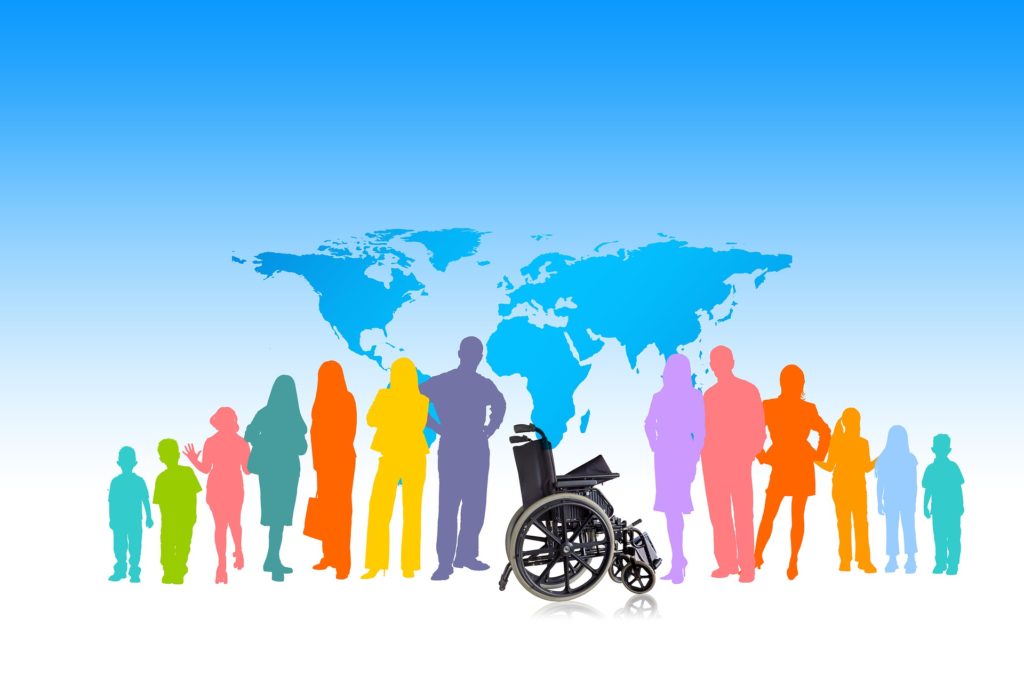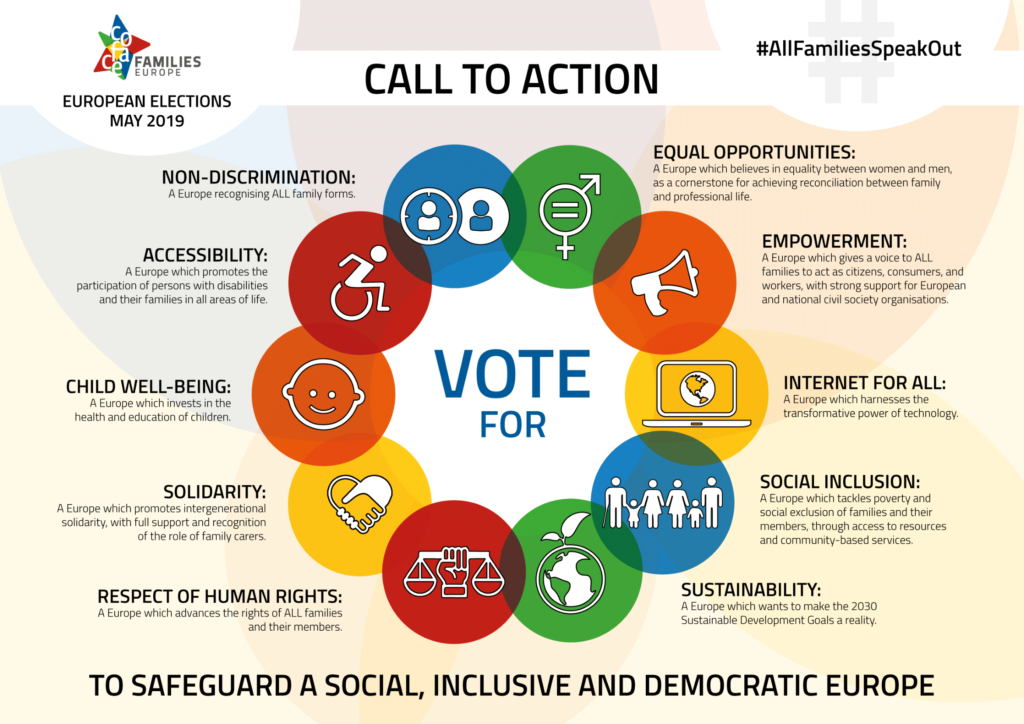Inclusive Voting: Accounting for Disability in the 2019 European Parliament Elections

Photo by geralt on Pixabay.
With two months to go before the 2019 European Parliament elections, organisations working with people with disabilities are highlighting the importance of taking into consideration key issues regarding people with disabilities.
The right to vote for people with disabilities, especially for those with an intellectual disability, occupies the center of many discussions in times of elections. According to the European Union Agency for Fundamental Rights (FRA):
“Hundreds of thousands of Europeans deprived of legal capacity are prevented from exercising the right to vote and stand for office… Typically, it is people with intellectual and psychosocial disability who are deprived of legal capacity – the law’s recognition of the decisions a person makes. Deprived of this recognition, they then face voting restrictions.”
FRA released a publication in February 2019 highlighting four methods of enabling people with disabilities to vote. The four methods are as follows:
- Lifting legal and administrative barriers to political participation;
- Increasing awareness of the right to political participation of people with disabilities;
- Making voting procedures, facilities and election materials more accessible;
- Expanding opportunities for participation in political life.
Voting and political participation is in directly line with Article 29 of the United Nations Convention on the Rights of Persons with Disabilities (CRPD). If you are a voter with disabilities, Mental Health Europe has created a video on your right to participation and the right to vote. How can EU States support your right to vote? Check out the video below:
With the European Parliament nearing, COFACE Families Europe – the European social inclusion and protection network representing all types of families – notes that we must account for disability in our political decisions. COFACE has put forth a Call To Action with ten key values. Accessibility is highlighted as a key value. According to COFACE, voting for accessibility means voting for “A Europe which promotes the participation of persons with disabilities and their families in all areas of life.”

There are easy-to-read and user-friendly developed resources aimed at helping people with disabilities meeting their right to vote. For example, the voting booklet developed by in the UK by the Wandsworth Council and the Makaton Charity (specialised in signs and symbols language) with the collaboration of the Battersea Social Education Centre. The resource contains signs and symbols that helps understanding the process of voting and the actions any person needs to take at a poll station to vote.
- The voting booklet can be downloaded here and it is free of charge.
- Find out more about COFACE’s Call To Action and the ten values here.
- Watch Mental Health Europe’s video on Article 29 of the UNCRPD, voting and psychosocial disabilities here.
- Check out the European Union Agency for Fundamental Rights (FRA) publication on elections, voting capacity and disability here.



 This website received support from the EPR framework partnership agreement with the European Commission, DG Employment, Social Affairs and Inclusion for 2018-2022 from the EU Programme for Employment and Social Innovation (EaSI). For further information please consult:
This website received support from the EPR framework partnership agreement with the European Commission, DG Employment, Social Affairs and Inclusion for 2018-2022 from the EU Programme for Employment and Social Innovation (EaSI). For further information please consult: